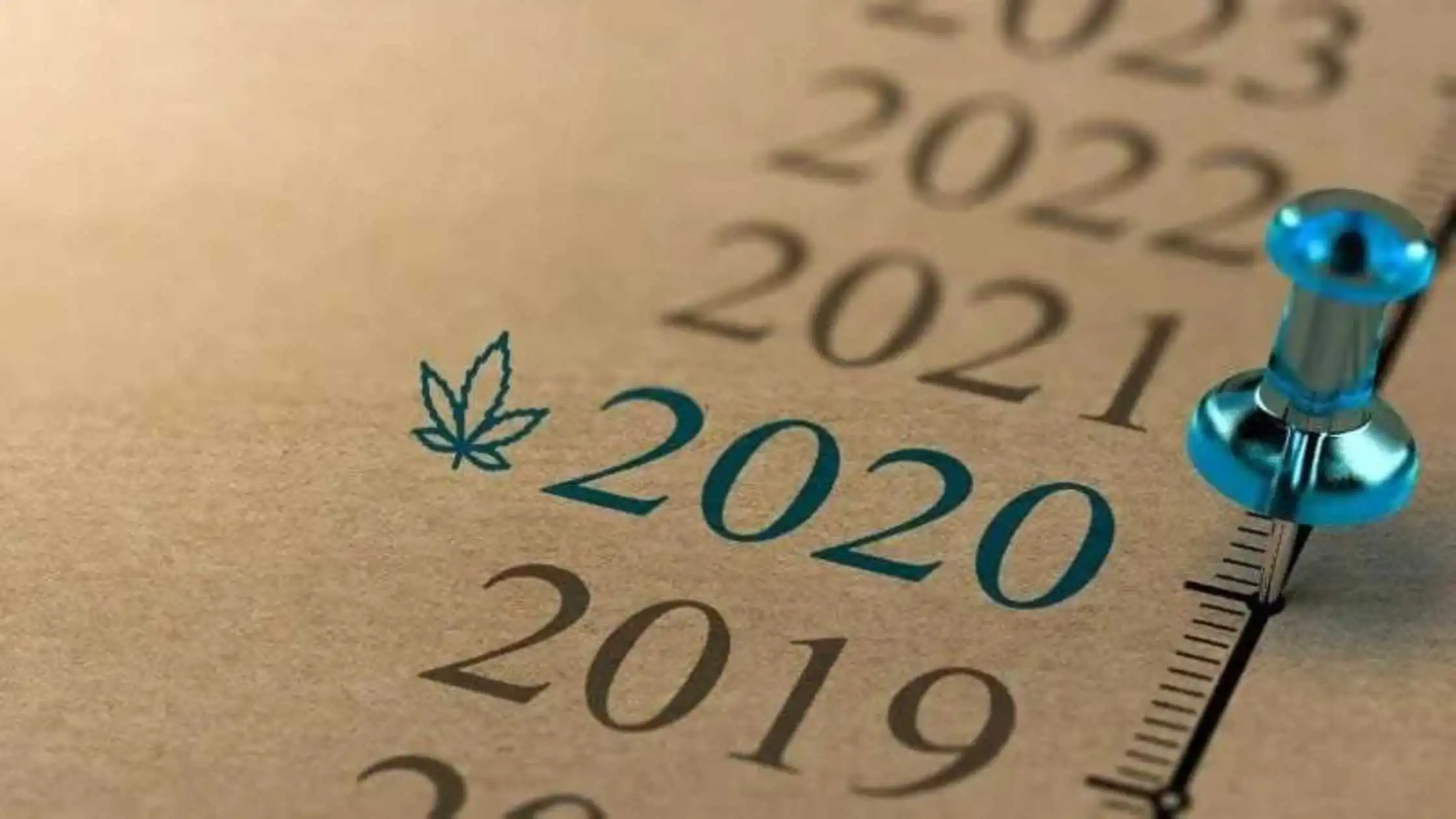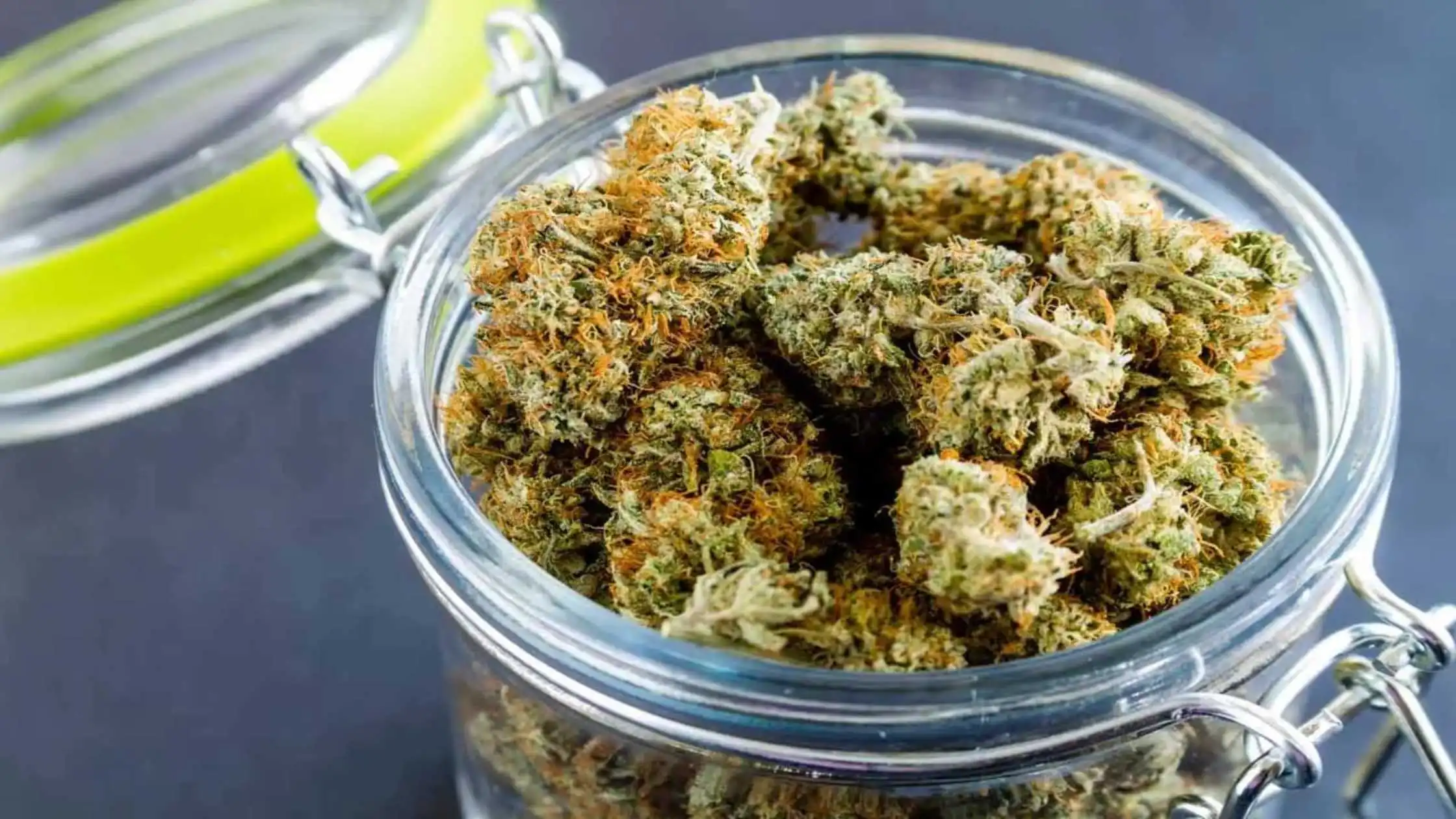2020’s Top Hemp Stories
Hemp and hemp-related products like CBD floundered in 2020 for the first time in the 21st century. The biggest stories about hemp weren’t what we expected. Instead of significant legislative changes, record sales, and insatiable consumer demand, the hemp industry took a nosedive.
The Hemp Industry
Heading into 2020, the CBD sector was entering an expected period of mergers and acquisitions (M&A) as more significant, multinational ones gobbled up smaller players. Viridian Capital Partners told the National Law Review, “There were 94 hemp and cannabis M&A deals in the first quarter of 2019, and 19 such deals in the first quarter of 2020, representing approximately 80% fewer.” Based on this assessment and others, the National Law Review estimated a 75 per cent downturn in M&A throughout the rest of the year. Layered on top of the decline in M&A activity was a general downturn in capital investment. Comparing the number and size of capital raises between 2019 and 2020, we’ve witnessed over 50 per cent decrease.
Down at the hemp cultivator level, an April 2020 article published in Forbes stated that “the coronavirus has intensified the impact of the CBD price crash.” In 2014, processed CBD oil would reach upwards of $70,000 a kilogram, but in 2020, the bottom had fallen completely. Today, the same kilo brings in as little as $750.
Like many other affected industries, the hemp industry will likely bounce back to some extent as the world climbs out of the pandemic. But will the consumer demand for everything CBD do the same?
The green rush led to a green glut.
Twenty-twenty also saw the green rush of farmers falling over themselves to plant acres of hemp, finally reaching a tipping point. According to Politico, in 2018 (notably before the passage of the 2018 Farm Bill), only 78,000 acres of hemp were planted. 2019 there were 511,442 total licensed acres of hemp, and in 2020, 465,787 acres.
The decline of licensed acres from 2019 to 2020 may be due to the CBD and hemp market glut. Even late into 2020, many farmers reported having 2019 stock to sell. Cultivators hoping to profit quickly or get into the industry before their peers are now floundering.
Michigan Farm News interviewed agronomist Christie Apple, who described hemp farmers’ current challenges. As she explained, farmers are reconsidering hemp because they failed to see a return on substantial investments. Apple said, “I think a lot of the farmers are having to look at it: Do I keep investing in something that is a fairly unstable market currently? There are a lot of questions, and I think people wanted to try and make that quick buck — and they weren’t able to do it.”
Hemp regulation, no decisive updates but subtle shifts
The hemp market’s hesitancy is also due to several major regulators’ failure to make any substantial policy decisions. Two years after the passage of the 2018 Farm Bill legalized hemp cultivation, the Food and Drug Administration is still pondering CBD policy.
The Hemp and Hemp-Derived CBD Consumer Protection and Market Stabilization Act of 2020 (H.R.8179) is still fumbling through Congress. The FDA has submitted FDA/HHS Technical Comments on H.R. 8179, notably countering the interests of many within the hemp and CBD sectors. The bill’s language is open, but the FDA has suggested many restrictions. According to the FDA, the hundreds of other compounds in hemp are unstudied and, therefore, unsafe.
The FDA comFDA’sd, “We are “concerned about this lack of safety data, and we are also concerned that by including these other hemp-derived compounds in the bill language, it could disincentivize potential drug development of these compounds and instead encourage the use of these compounds in dietary supplements.”
At the” time of writing, there are no precise predictions for the fate of H.R.8179 or an estimated date for the FDA’s new CBD and hemp-derivative regulations. Until then, the hemp sector will remain a risky investment market.
2020 fell flat, but I hope for 2021
As the glut washes out and cultivators adjust, 2021 may offer a more balanced equilibrium between what’s what’s and what the market can handle. There is also an indication that growers are seeking alternatives to the CBD oil market and instead are focused on hemp fibre’s potent fiber ‘sal.
Many are hopeful that the hemp industry will bounce back to some extent in the next 12 months as the world recovers from the many pandemic-related challenges. New guidance from federal regulators and the FDA, which failed to appear in 2020, could also help reinvigorate the market.
Disclaimer: This article is originally published on https://www.cannabistech.com/articles/2020s-top-hemp-stories/





